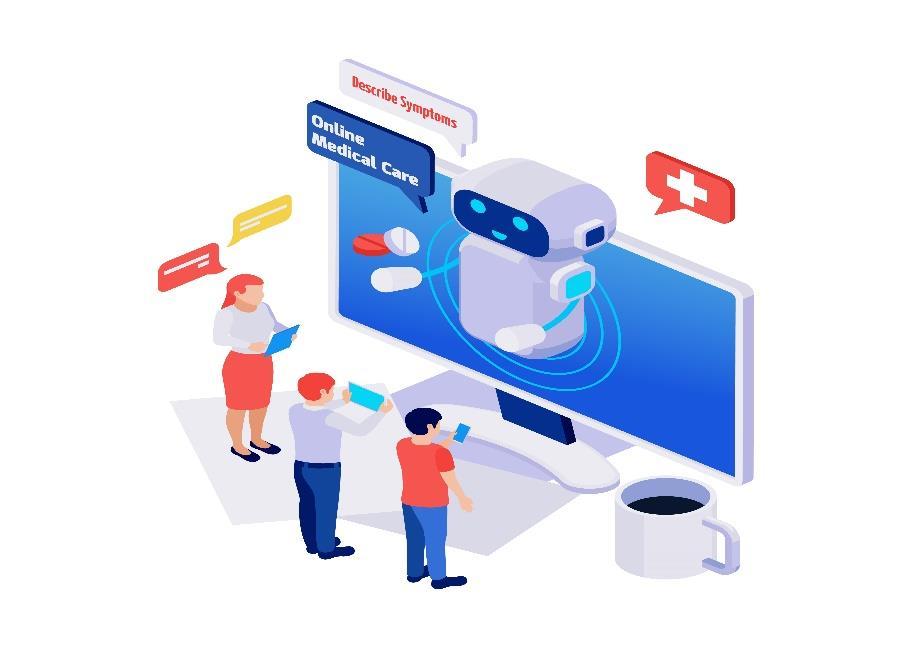AI’s Revolutionizing Of The Customer Service Industry
In a world where customer experience is the key to business success, organizations increasingly turn to artificial intelligence (AI) to revolutionize customer service. AI has become an integral part of the customer service landscape, ensuring faster response times, improved efficiency, and enhanced customer satisfaction.
Integrating AI into customer service has been a game-changer, empowering organizations to deliver exceptional customer experiences. AI technology enables businesses to automate various aspects of customer support, reducing the burden on human agents and allowing them to focus on complex inquiries that require human intervention.
AI’s Use Cases In Customer Service
One key use case is AI-powered chatbots, which serve as virtual assistants capable of handling customer inquiries and providing real-time responses. These chatbots use natural language processing and machine learning algorithms to understand customer queries and deliver accurate and instant solutions.
These AI-powered chatbots are available 24/7, reduce response times, and handle multiple inquiries simultaneously, improving overall customer experience while saving valuable resources for organizations.

Another critical use of AI in customer service is sentiment analysis. AI algorithms can analyze customer feedback, social media posts, and surveys to gauge customer sentiment and identify improvement areas. Sentiment analysis helps organizations understand customer needs and preferences but also allows them to proactively address issues and provide personalized recommendations, fostering customer satisfaction and loyalty.
Furthermore, AI has revolutionized customer service by providing predictive analytics. AI algorithms can predict future customer needs and preferences by analyzing customer data, past interactions, and purchasing behaviours. This enables organizations to offer personalized product suggestions, targeted marketing campaigns, and tailored promotions, creating unique and personalized customer experiences.
Implementing AI Using The Best Practices
1. Seamless Integration
AI tools and technologies should seamlessly integrate with existing customer service channels. Whether it's integrating chatbots onto websites or incorporating AI analytics into existing CRM systems, a smooth integration ensures a consistent and streamlined customer experience.
2. Continuous Learning
AI algorithms should continuously learn and adapt based on customer interactions and feedback. Organizations should regularly update AI models to take advantage of new data and insights, ensuring that AI-driven solutions evolve and improve over time.
3. Human-AI Collaboration
While AI provides significant benefits, it is vital to balance automated solutions and human intervention. Organizations should leverage AI to automate routine tasks and repetitive inquiries, allowing human agents to focus on complex issues that require empathy and problem-solving skills.
Final Thoughts
AI is revolutionizing customer service. It enables organizations to deliver exceptional experiences and drive customer satisfaction. Integrating AI into customer service has led to the development of AI-powered chatbots, sentiment analysis, and predictive analytics. These powerful tools enhance response times and efficiency and offer personalized recommendations, anticipate customer needs, and enable proactive issue resolution.
